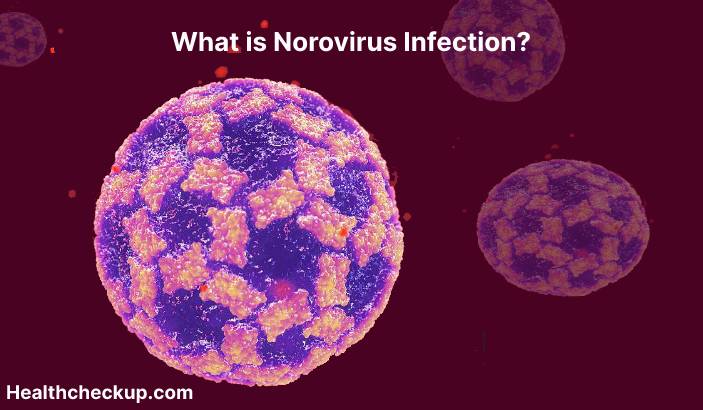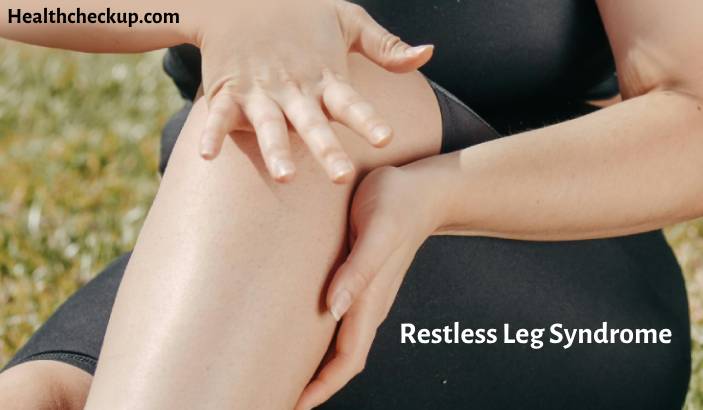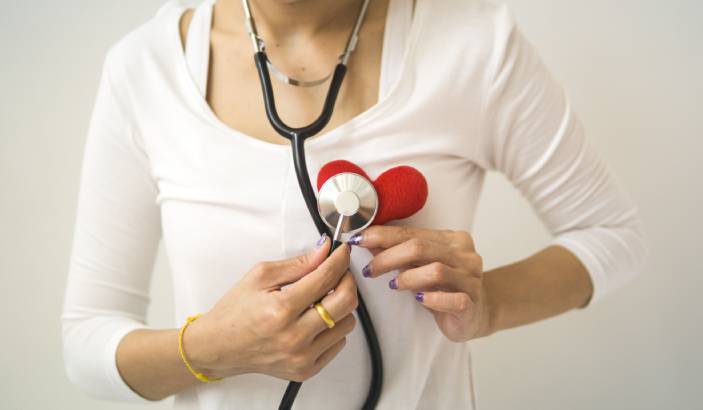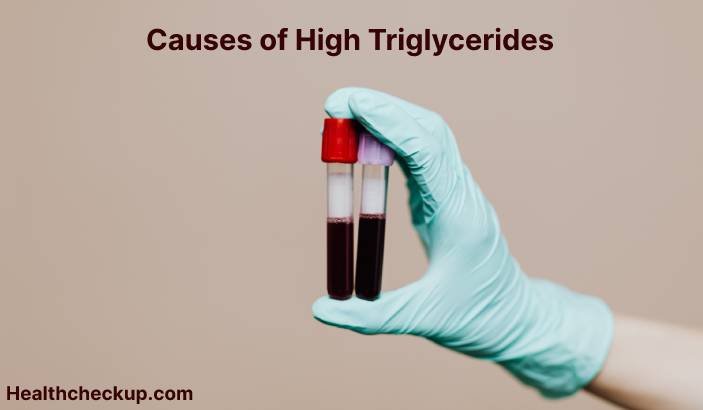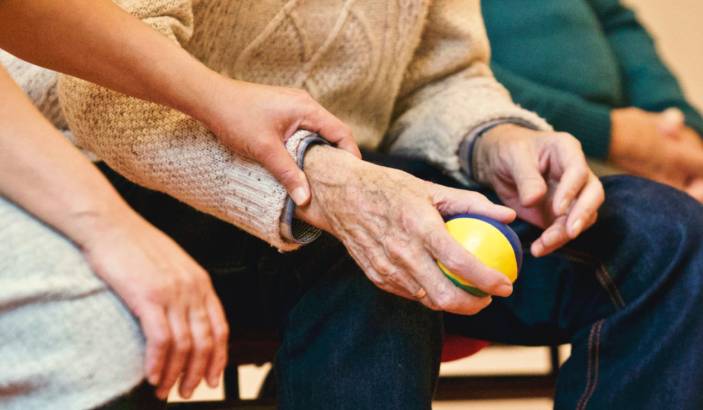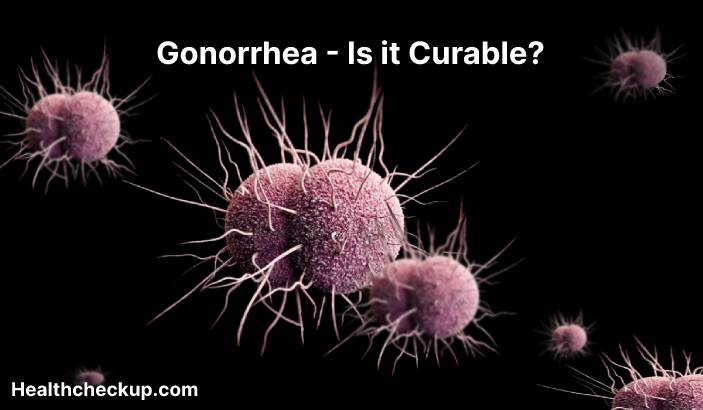Norovirus infection, also known as norovirus gastroenteritis, is a viral illness that is characterized by inflammation of the stomach and intestines. It is a common cause of gastroenteritis, which is an inflammation of the digestive tract that can cause nausea, vomiting, and diarrhea. Norovirus infection is highly contagious and can be transmitted through contact with infected people, contaminated food or water, or contaminated surfaces.
Symptoms of norovirus infection typically appear within 12-48 hours after infection and include:
- Nausea
- Vomiting
- Diarrhea
- Abdominal pain
- Fever
- Headache
- Body aches
Norovirus infection can be serious, particularly in young children, elderly people, and those with compromised immune systems. Complications of norovirus infection includes dehydration, malnutrition, and electrolyte imbalances.
Diagnosis of norovirus infection is typically based on the presence of symptoms and a person’s history of exposure to infected individuals or contaminated food or water. Laboratory tests, such as a PCR (polymerase chain reaction) test or virus culture, can be used to confirm the diagnosis.
There is no specific treatment for norovirus infection, and treatment is typically based on the severity of the illness. It includes medications to reduce fever and inflammation, as well as supportive care, such as fluids to prevent dehydration. In severe cases, hospitalization is necessary.
Norovirus infection can be prevented through good hygiene practices, such as washing your hands frequently and thoroughly, especially after using the bathroom, changing diapers, and before preparing or handling food. It is also important to practice proper food handling and preparation techniques, such as cooking foods to the appropriate temperature and storing foods at the correct temperature, to prevent the spread of norovirus.
If you are experiencing symptoms of norovirus infection, it is important to stay home and avoid contact with others to prevent the spread of the virus. Follow the recommendations of your healthcare provider and public health officials to help protect yourself and others from norovirus infection.


